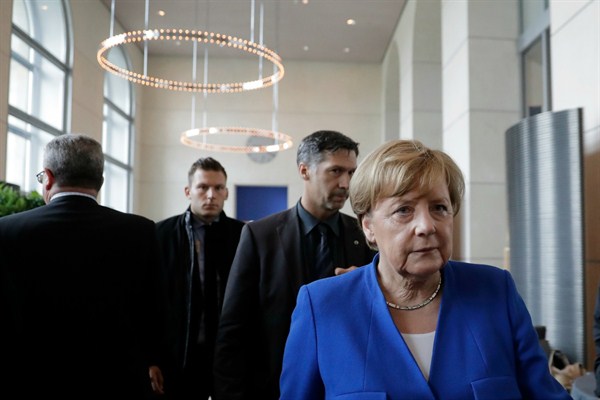Editor’s Note: This article is part of an ongoing WPR series on LGBT rights and discrimination in various countries around the world.
The recent vote by German MPs to legalize same-sex marriage was seen as an example of the law catching up with public opinion. Chancellor Angela Merkel, who was certain same-sex marriage would be approved, voted against it herself, leaving people guessing as to whether her vote reflected her values or was a strategic calculation. In an email interview, Dr. Beate Küpper, social psychologist on the Faculty of Social Services at the Hochschule Niederrhein University of Applied Sciences in Monchengladbach, Germany, describes how politics shaped the vote, as well as the continued challenges facing LGBT Germans.
WPR: To what extent has public opinion on same-sex marriage evolved in Germany in recent years, and why was the political class out of step with public opinion until last month?

